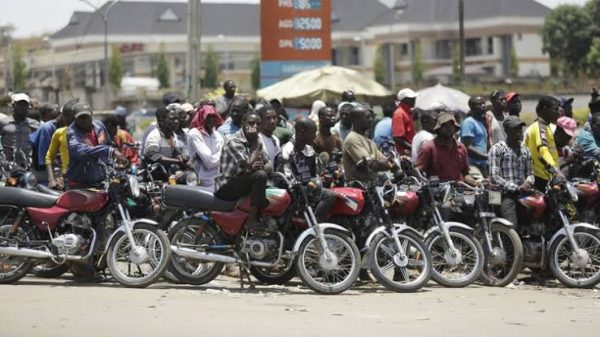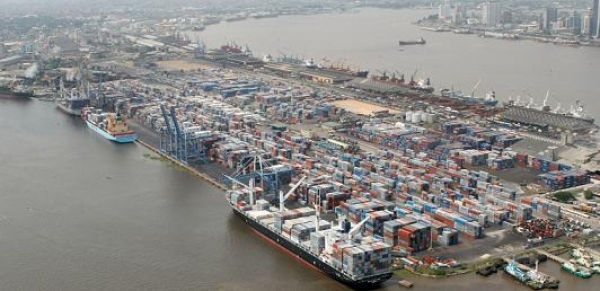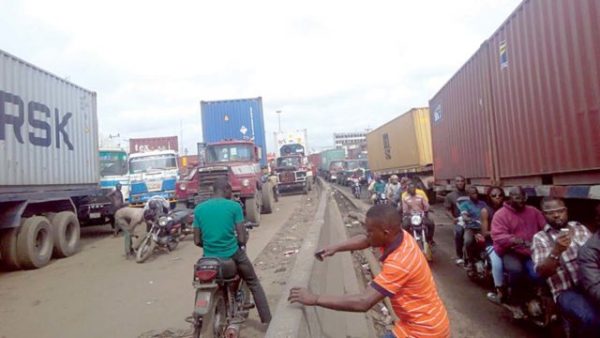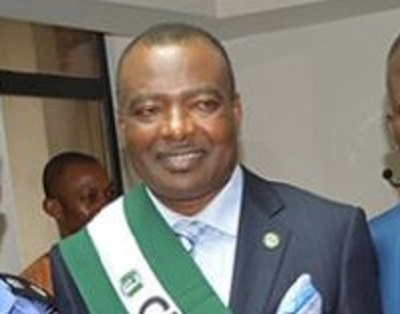Managing the Effects of Okada Ban”

Lagos has become the busiest and most populated city as a result of economic growth and business opportunities that span through every part of the city. Despite the huge potentials in Lagos, moving from one place to another has become difficult as a result of the daily traffic jams and bad roads. This gave rise to modes of transport such as motorcycles also known as ‘okada’ and tricycles or ‘Keke Napep’. With these modes of transportation, it becomes less cumbersome to beat traffic and other hassles on the road.
Last week, Lagos State Government banned the operations of commercial motorcycles and tricycles in six local government areas in the state. The affected LGs are the state capital Ikeja, Lagos Mainland, Lagos Island, Apapa, Surulere and Eti Osa. According to the state, the ban which came into effect on 1st of February is necessary for security and safety especially as motorcycles and tricycles are known for a tendency to disregard traffic laws and involvement in accidents.
After consultations with stakeholders, the State Security Council, in compliance with the extant Transport Sector Reform Law 2018, has decided to commence enforcement of the law which bans the operation of Motorcycles (Okada) and Tricycles (Keke) in the following Local Governments (LGs) and Local Council Development Areas (LCDAs), Lagos State lnformation and Strategy Commissioner, Gbenga Omotosho said at a press conference.
Omotosho said the ban is the first stage of the state government’s plan to sanitize its roads and protect Lagosians from the negative effects of these illegal modes of transportation.
Although the number of accidents involving bikes has increased over time, bike-hailing startups including Max.ng, Gokada and ORide (a subsidiary of Chinese-backed OPay superapp) offer the value proposition of being a safer option and a cheaper way to navigate through Lagos’ many traffic jams. They have also proven attractive to investors raising millions of dollars in funding based on the prospect of bringing some order to Lagos’ notorious roads and facilitating expansion in other areas.
With the state-owned bus transit service (BRT) practically unable to cater to its residents’transport needs, motorcycles and tricycles have filled in key gaps in and have become necessary features of the transport system in Lagos. Their utility is most evident in clusters of the city that are inaccessible by car due to poor planning and bad roads. The state government has claimed it will provide buses in the affected areas to ease the effects of the ban but those promises ring hollow with its BRT service already appearing ill-equipped with fewer buses and long wait times and queues at local bus terminals and stops.
However, what plans have been made for people whose source of livelihood has been taken away? Would these bikers be compensated? These are the questions that need to be answered quickly if the government doesn’t want an increase in crime rates in the city.
It is quite sad that the source of livelihood of these men have been taken away without provision by the government for other sources of income. This is a situation of creating another problem while eradicating one. There will be increase in the rate of poverty and crimes as these people whose bikes have been taken would have nothing to do. Their children whose source of livelihood is dependent on the income made from this business might become hooligans due to inability to pay their fees. An alternative by the government could be to provide the riders with loans or grants which would enable them to start up another business and provide for their families.
The government of Lagos State should ensure that an urgent step is taken to address this issue before it become late. The rate of unemployment in the country is continually increasing, it is therefore inherent that these ‘ Okada’ and ‘Keke’ riders” are provided with other jobs to prevent increase in the number of unemployed citizens in the country.







